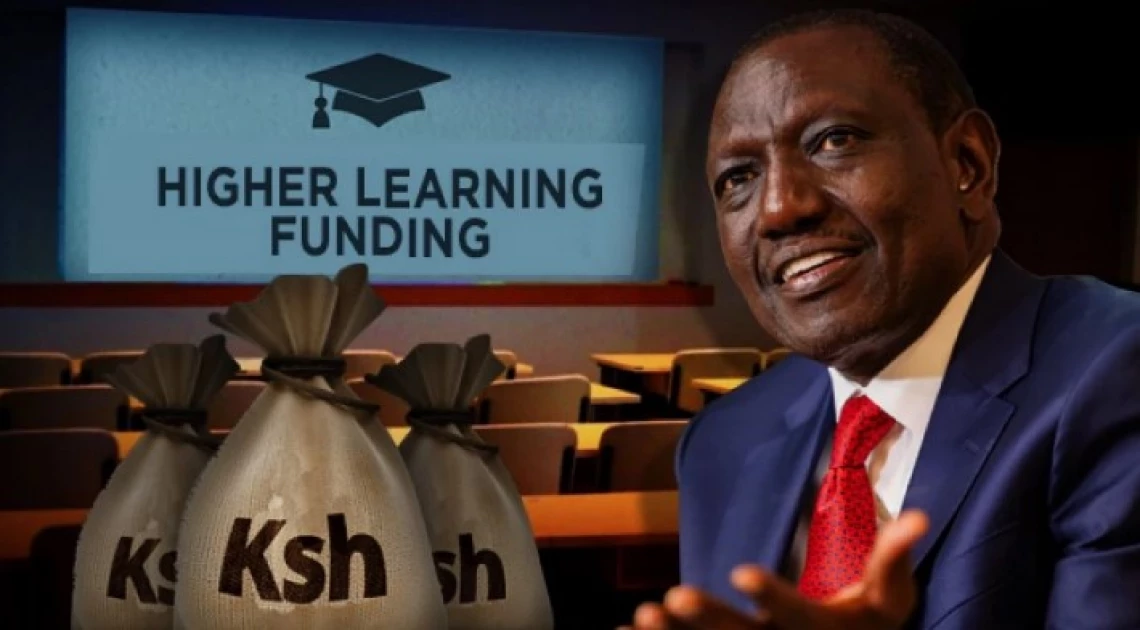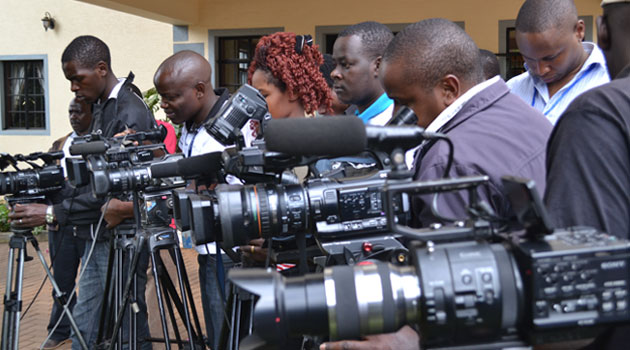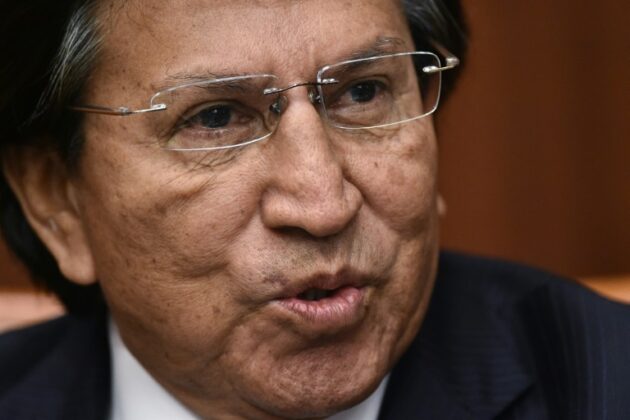President William Ruto’s administration has been dealt a huge blow in its quest to provide quality education after the High Court suspended the implementation of the new University funding model.
In a ruling delivered on October 3, 2024, Justice Chacha Mwita ordered the model to be temporarily halted pending the hearing and determination of a case filed by the Kenya Human Rights Commission (KHRC) last year.
The judge noted that the case was long overdue due to the delay by the Attorney General, Education CS and the Kenya Universities and Colleges Central Placement Service (KUCCPS) in filing their submissions.
On October 13, 2024, KHRC alongside the Elimu Bora Working Group, Boaz Waruku, and the Students Caucus filed a case against the model, arguing that it will lock out thousands of students from accessing funds.
The case will be heard on December 16, 2024, to highlight submissions.
The university funding model has drawn mixed reactions since its inception, with critics questioning its practicality.
The funding places students into five bands based on their financial needs through a Means Testing Instrument (MTI).
The instrument determines the appropriate financial assistance each student needs based on information such as family background and monthly income among others.
Various critics have, however, opined that the model is not feasible to improve the current education’s system.
Others also wondered why the government could not improve the previous model instead of introducing a new version that poses many challenges to students.











